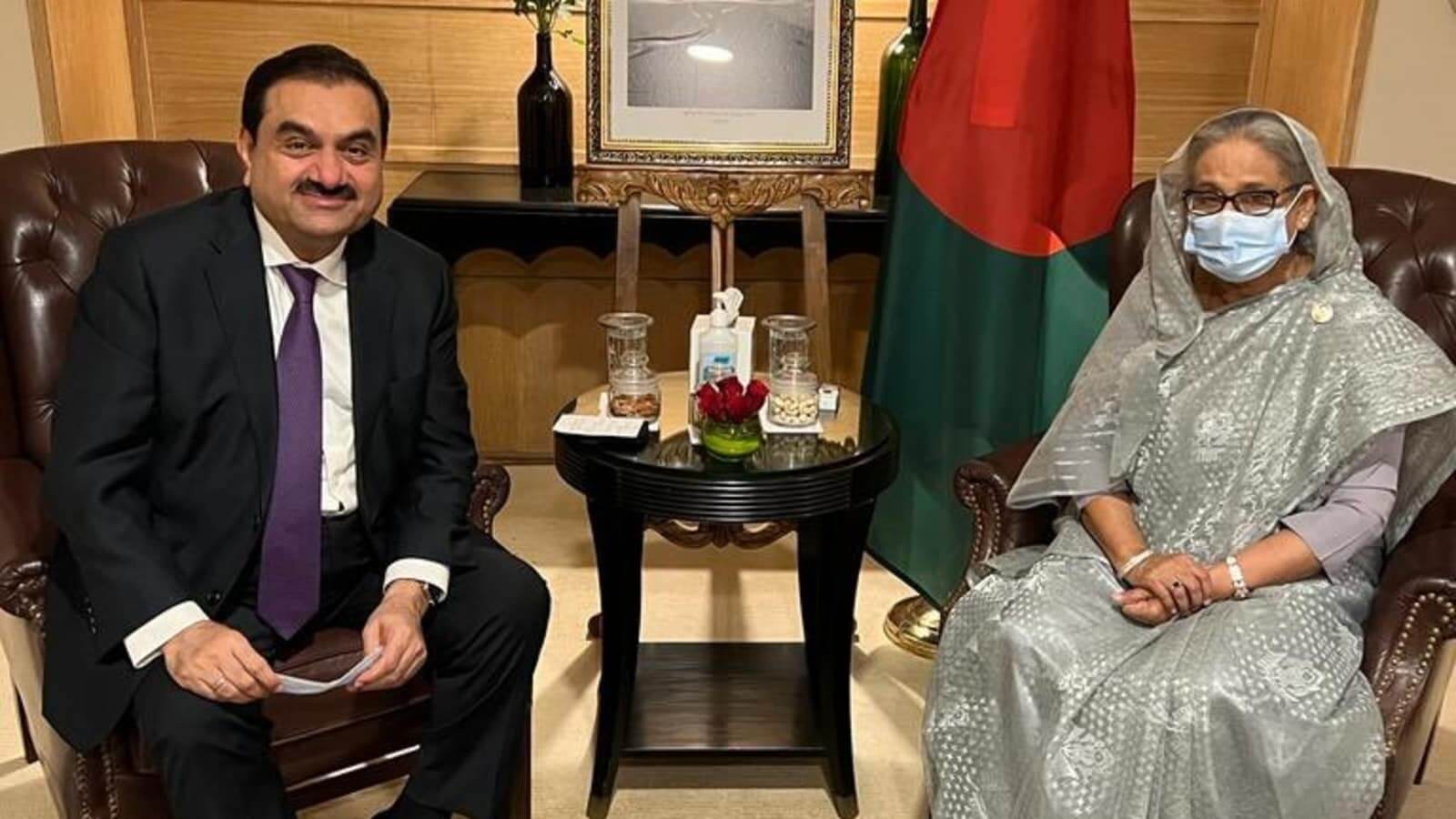Bangladesh wrote a formal letter to Adani Power Limited on 25 January, looking for changes in their power purchase agreement and demanding lower coal import prices.
Overview
United News of Bangladesh reported on Thursday that the Bangladesh Power Development Board (BPDB), a government department in charge of the country’s power sector, has sought an amendment to its agreement with Adani Power.
In particular, Dhaka is concerned about the price of the coal in the agreement, which is “excessive” compared to the market price.
The report said that the coal for the plant would be purchased by Adani’s Carmichael mine in Queensland, Australia.
A reminder that Adani’s Godda plant was built with a loan from the Rural Electrification Corporation, without needing to electrify a single Indian village.
— Aruna Chandrasekhar (@aruna_sekhar) February 2, 2023
Now Bangladesh says it simply cannot afford electricity from the plant unless prices are revised. What comes next? pic.twitter.com/tNriSiONPK
Quoting Bangladeshi State Minister for Energy and Power Nasrul Hamid, Reuters reported on Thursday that Bangladesh wrote a letter to Adani Group in January, highlighting the discount it has secured on coal import prices in other power plants. Hamid cited the example of the 1320 MW Payra power plant, jointly built by China and Bangladesh.
To this end, Dhaka is seeking a similar price cut at its Godda facility in Jharkhand.
Currently, Bangladesh purchases coal at $400 per mega-tonne, which it insists should be less than $250 per mega-tonne — the price Dhaka is paying at other thermal plants.
2018 Bangladesh-Adani Deal
Adani Power signed a 25-year power purchase agreement with BPDB in 2018. The first commercial delivery of power was scheduled for March 2023.
#Bangladesh will start receiving electricity from under-construction power plant in Godda, Jharkhand from mid-march, said MoS for power Nasrul Hamid. He made comment after inspecting 1600MW plant (2 units of 800MW each) under-construction power plant being made by Adani Power Ltd pic.twitter.com/bjwAZuXdqT
— All India Radio News (@airnewsalerts) January 3, 2023
The company’s 1,600 MW power plant in Godda, Jharkhand will provide the total energy produced to Bangladesh. Meanwhile, Dhaka will pay for the coal to power the plant.
By mid-December 2022, the transmission lines to supply power to Bangladesh had been set up. However, even before the commercial operations of the plant began, Bangladeshi media houses had raised questions about the deal.
India’s Response
In a carefully worded response to a media query on Thursday, Indian Ministry of External Affairs spokesperson Arindam Bagchi clarified that the deal pertained to an independent agreement between another country’s government and an Indian private company.
To this end, Bagchi said that the developments did not involve the Indian government, and he did not believe that Dhaka would approach the ministry on the issue.
JUST IN: "You are referring to a deal between a sovereign govt & an Indian company. I am not aware of this:" @MEAIndia spox on #Bangladesh Power Development Board seeking revision of its agreement with #Adani. @ThePrintIndia pic.twitter.com/nk6dzZyKFC
— Pia K (@pia_kutts) February 2, 2023
However, Bagchi reiterated India’s commitment to “greater economic integration, connectivity” with neighbouring countries. He added that if an individual project fails, it does not reflect on the broader relations developed through India’s Neighbourhood First policy.
Adani Group’s $108 Billion Crisis
Since Hindenburg Research’s 24 January report, Adani Group has come under the scanner for prospective financial crimes. The report accused the group of “brazen stock manipulation and accounting fraud.”
An erosion of nearly $100 billion in six trading sessions - that is the extent of losses investors have incurred in Adani group shares after the Hindenburg Research report came. pic.twitter.com/1XFH4O8Smj
— snehanshu shekhar (@snehanshus) February 2, 2023
Resultingly, Adani Group stocks plummeted, leading to a loss of $108 billion in market value on Thursday.
The Hindernburg Research group began looking into Adani’s assets two years ago, after his personal wealth hiked from $10 billion to $119 billion. Since the report released, Adani has personally lost $58 billion, which is around half of his entire wealth.

